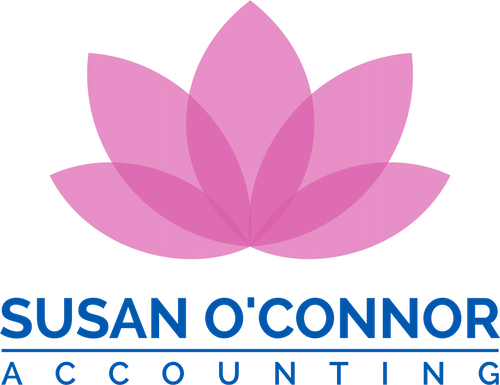A majority of all Self-managed Super Funds (SMSFs) now have a Corporate Trustee, i.e. a company acts as Trustee for the SMSF.
It is important that all obligations with ASIC are kept up to date as failure to do so could result in the Company being de-registered. This includes failure to pay the annual review fee on time and to respond to follow up notices from ASIC.
If the Company is de-registered then under section 601AD(1) of the Corporations Act 2001 the company ceases to exist as a legal entity and can no longer do anything in its own right. Legally, the directors of the de-registered company cannot deal with the SMSF’s assets.
Under subsection (1A) all SMSF assets held on trust by the Company will vest in the Commonwealth, represented by ASIC.
What should you do if your company is de-registered?
In order to resolve this, an application to ASIC can be made to reinstate the company. Reinstatement will restore a company to the ‘registered’ status as if it was never deregistered.
You will need to complete ASIC Form 581 and give a reason why the company should not have been de-registered (e.g. it held assets at the time). You may need to attach supporting documentation to prove this. The application will require payment of a lodgement fee as well as all outstanding fees and late fees during the period the company was de-registered. You can request an estimate of the fees payable via ASIC’s online enquiry form.
There are also other more complex ways of dealing with the SMSF not having a Trustee, such as appointing a new Trustee. You can discuss this with your SMSF Adviser.
The importance of having a great SMSF Adviser
Reinstating a company can be a costly and time-consuming exercise. This is why we act as the Registered Address and manage the companies of all our clients. This helps to ensure that ASIC obligations are always kept up to date.


